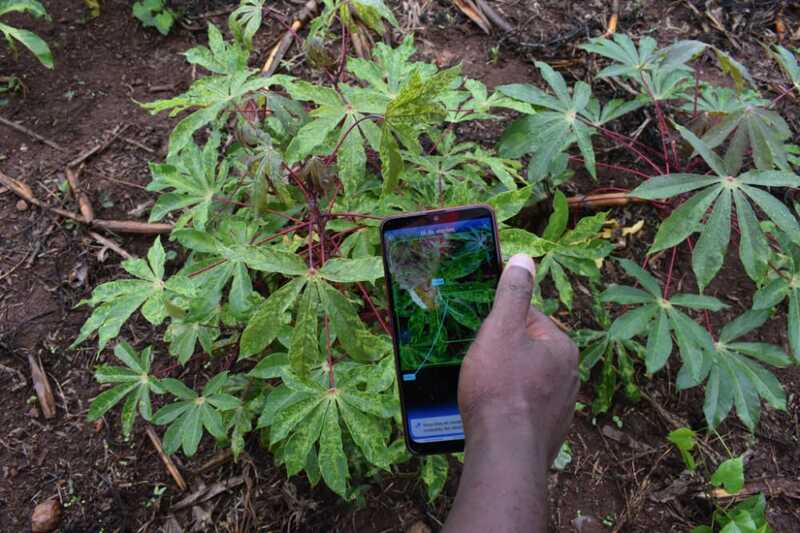Digital Farming through Artificial Intelligence
Posted on

Agricultural AI consists of two types, AI software and AI robots. The AI software is a computerized set of instructions that provides data, information and recommendations as programmed. This type retrieves the data from the farm whose details were recorded, the confined climate details and machinery data. The combination of AI methods i.e. machine learning, deep learning, reinforcement learning and satellite information provide the forecast, which gives recommendations to the farmer about when to plant, harvest, sell their crops as well as crop management practices to boost production. On the other hand, AI robots work on the farm to harvest fruits and vegetables, drones to spray weeds, pesticides, and robots that plough and harvest (NAIO technologies' robots). Artificial Intelligence is a system's ability to interpret external data correctly, to learn from such data, and to use those learnings to achieve specific goals and tasks through flexible adaptation.
Role of AI in Agriculture
AI, being the leading revolution in agriculture, has defended crops against the effects of climate changes and soil porosity. Artificial Intelligence exists in many applications in the agricultural sector including the carbon capture, pest detection, crop monitoring, soil management and many more. Because the traditional techniques used by farmers were inadequate to satisfy their necessities, new computerized strategies were introduced to fulfill their necessities (Rijwan Khan, Nigeria Dhin & Neha Bhati 2022).
The major role played by AI in our daily lives is extending our perceptions and ability to modify our environment. In addition, AI is used in applications through image recognition to monitor crop health and gives recommendations of what the user should do to control or manage the disease (Ryan 2019).

The PlantVillage Nuru Application
This application was developed by Pennsylvania State University in partnership with Institute of Tropical Agriculture and the United Nations Food and Agricultural Operations. PlantVillage Village Nuru is the largest open access library of crop health knowledge in the world. This application collects and store images of crops diseases collected by different field experts in the field in order to improve the application.
PlantVillage Nuru application is available in google play store and is free to download. The application diagnoses crop diseases and pests in the field, gives immediate feedback to the farmer without an internet connection. The application contains quite a number of AI models, which diagnose diseases in wheat, cassava, sweet potato, irish potato and maize.

By simply using a phone camera, a clearly scanned image of the diseased plant gives a diagnosis of the disease and the immediate management practices. This app is being adopted by farmers around the globe because it is a digital assistant on the field. Extension officers using the application have access to field data including pest and diseases maps for their region.
References
https://doi.org/10.1007/s00146-021-01377-9
Smith, M.J. (2020). Getting value from artificial intelligence in agriculture. Animal Production Science, 60(1), 46-54
Scientometrics (2022) 127:2055-2084
https://www.sciencedirect.com/science/article/pii/S258972172030012X
https://www.mckinsey.com/featured-insights/artificial-intelligence/notes-from-the-ai-frontier-modeling-the-impact-of-ai-on-the-world-economy.
https://www.researchgate.net/publication/334539401_A_Brief_History_of_Artificial_Intelligence_On_the_Past_Present_and_Future_of_Artificial_Intelligence
https://plantbreedingsoftware.guru/2020/08/25/a-history-of-drones-from-humble-beginnings-to-the-impact-on-plant-breeding/amp/
https://plantvillage.psu.edu/solutions
http://edn.link/ndx9em
www.plantvillage.psu.edu
Written by; Agnes Kampire